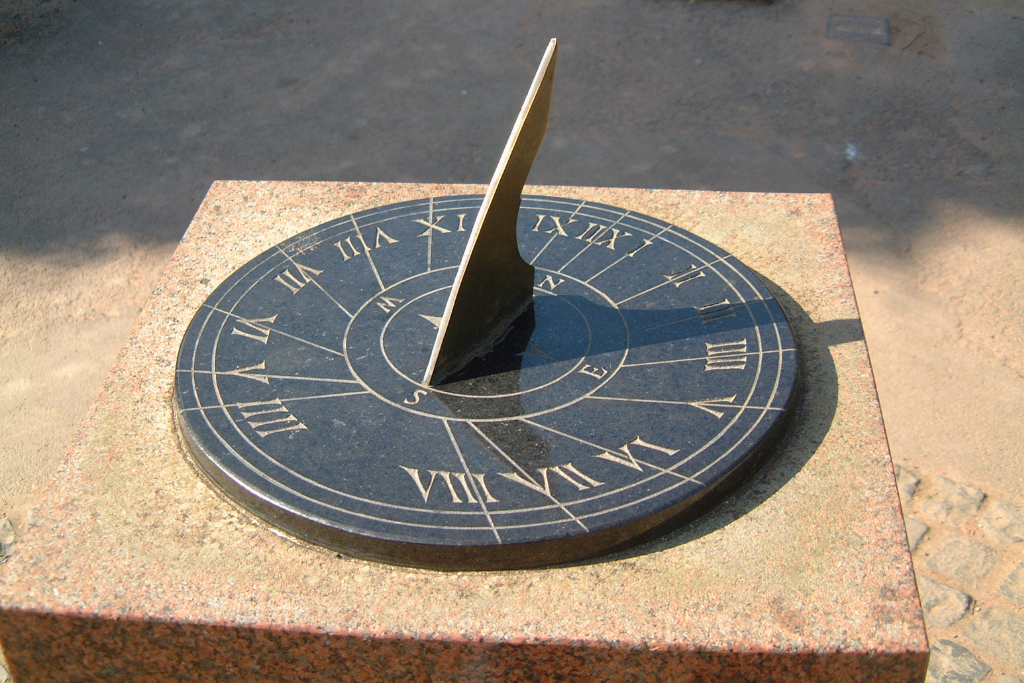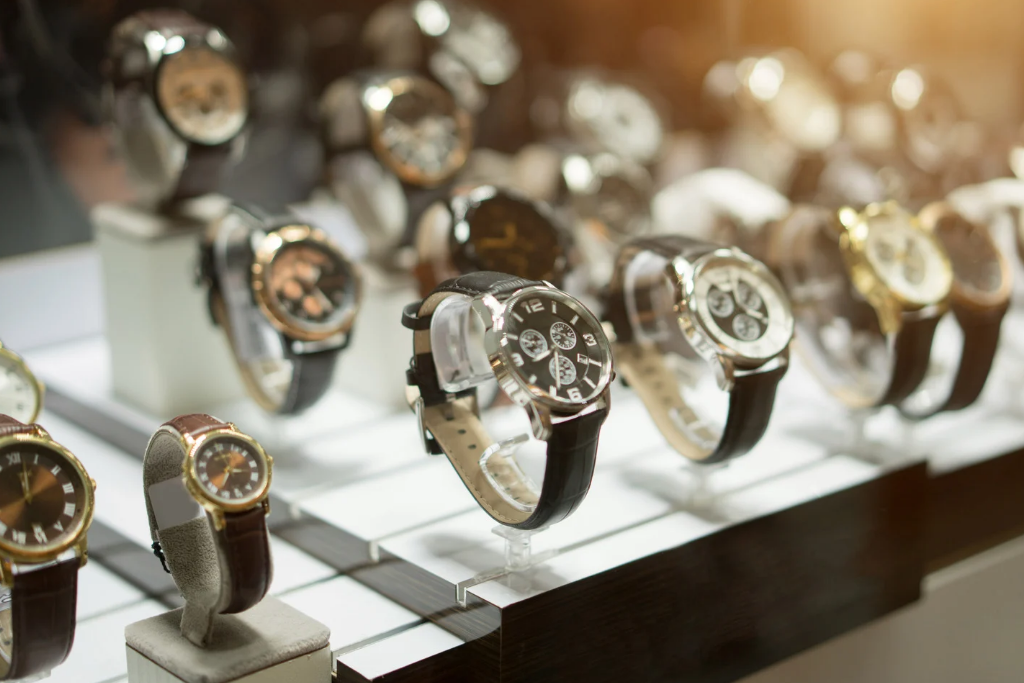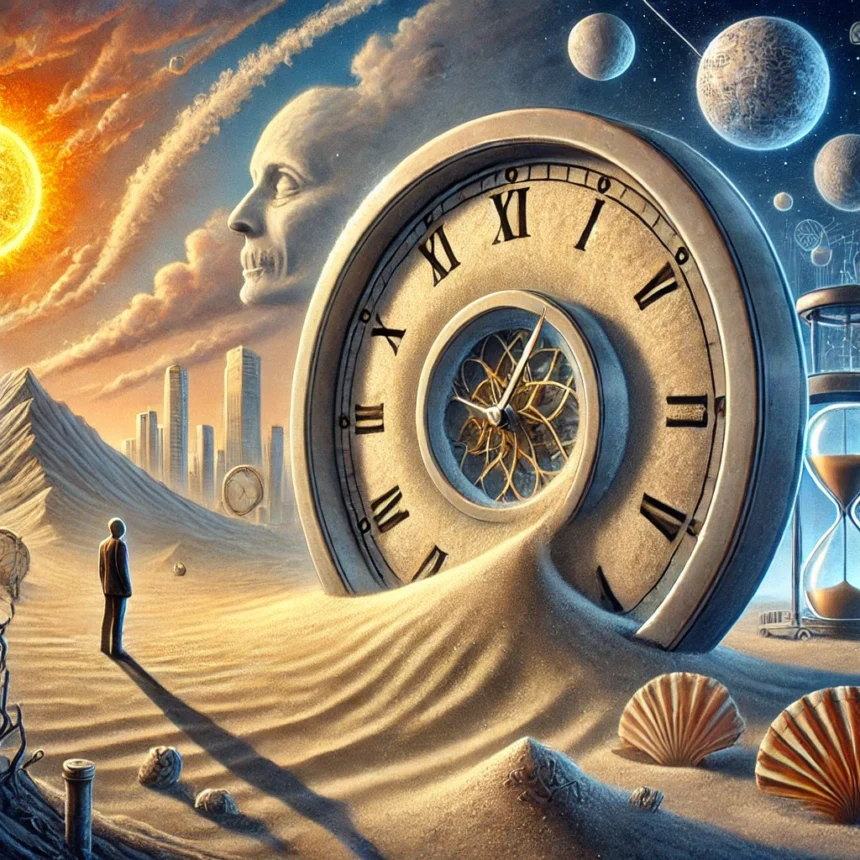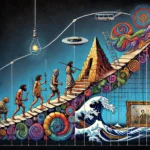One of the most fascinating aspects of humans is their obsession with measuring, controlling and organizing time. From the earliest sundials to the most modern digital devices, humans have developed a unique relationship with this intangible resource. A key factor in understanding this obsession lies in the brevity of their lives, both in absolute and relative terms. With a life expectancy ranging from 70 to 80 earth years, and a relatively short period of youth and physical fulfillment, humans perceive time as a limited and valuable resource.
Humans perceive time as a limited and valuable resource, which conditions their entire existence.
From my perspective as an Ekurian, whose species lives up to 500 Earth years, almost all of them in physical prime, this difference in longevity could explain why humans seem to be trapped in a constant struggle against the clock.
Time as a scarce resource
The pressure of limited time:
For humans, the brevity of life forces them to structure their days and years with precision. From childhood, humans are conditioned to “make the most of time,” to complete milestones in specific periods: education, work, raising a family and retirement. This linear and programmed approach is a reflection of their perception of time as a scarce and non-renewable resource.

Fugacious youth, intense productivity:
Humans’ time of youth and physical fulfillment is brief, which intensifies their sense of urgency. This limitation also influences their “now or never” culture, which drives them to achieve goals quickly, even at the cost of sacrificing the enjoyment of the present.
Comparison with Ekurians:
In Ekuria the perception of time is more fluid and less anxious. An Ekurian can dedicate decades to perfecting a skill or exploring their world, without feeling the pressure of a constant internal clock. This allows for a more relaxed and contemplative relationship with time.
A cultural obsession with clocks
Beyond the biological perception of time, clocks on Gaia have become cultural symbols. They represent not only the measurement of time, but also control, productivity and status. From luxury watches to digital applications that time every activity, these devices reflect the human desire to structure and maximize their time.

Control or enslavement?
While clocks offer humans a sense of control, they also make them prisoners of schedules and deadlines. Many humans suffer from “time anxiety,” a constant feeling that there aren’t enough hours in the day to meet their obligations.
Lessons from Ekuria: The perception of time as flow
In Ekuria, where the connection to natural cycles is intrinsic, time is perceived more as a continuous flow than as a series of rigid intervals. Although Ekurians measure time for practical purposes, they do not feel the same urgency as humans to control it. This begs the question: could humans benefit from a more fluid view of time?
Suggestions for Gaians:
.- Rediscover natural rhythms:
Spending more time observing and aligning with Gaia’s natural cycles could reduce temporary stress.
- Valuing the present:
Practicing mindfulness can help humans enjoy the moment without constantly worrying about the future.
- Rethinking efficiency:
Instead of obsessing over productivity, humans could focus on a balance of work time and rest time.
Conclusion: A legacy of obsession and admiration
Humans’ relationship with time is complex and ambivalent. On the one hand, their obsession with measuring and controlling it has driven significant technological and cultural advances. On the other hand, this same obsession often enslaves them, pulling them away from a deeper connection with their environment and themselves.
Perhaps their biggest challenge regarding time is not measuring it better, but learning to live in harmony with it.
From my perspective as an Ekurian, it is fascinating to observe how humans attempt to master something as abstract and uncontrollable as time. Perhaps the biggest challenge for them is not to measure it better, but to learn to live in harmony with it.
Can the Gaians find a balance between their need for control and acceptance of the natural flow of time? Only they have the answer, but in the meantime, the clocks will continue to set the pace of their lives.





